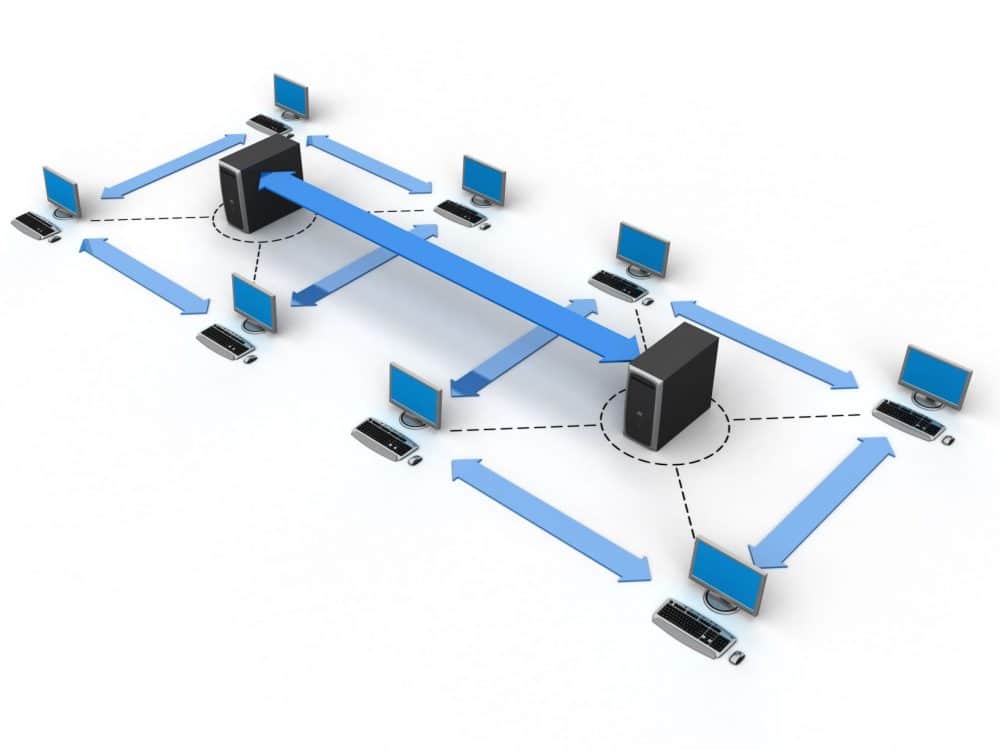Everyone wants a network that is less vulnerable to cyberattacks and that functions at an optimal level. To achieve both of those goals, we recommend removing these items from any machine on your company network:
- Windows XP – Microsoft stopped supporting the Windows XP operating system (OS) in 2014. It’s hard to believe that as of April 2018, close to 5% of the OS market share still belonged to XP. Security fixes, software updates and virus protection have not been available for years now. Having a single XP computer on your network seriously compromises the security of your entire organization. Not only that, but if the system crashes, there is potential that nothing from the affected machine will be recoverable. Mainstream support for Windows 8 ended in January 2018; extended support will last through the beginning of 2023. Windows 7 is scheduled for extended support end of life in 2020.
- BitTorrent – A peer-to-peer file transfer protocol for sharing large amounts of data over the internet, BitTorrent is often associated with stolen software. Any illegal software stored on a company’s network becomes the legal responsibility of the company, regardless of who downloaded it. For that reason, auditors don’t like to see BitTorrent on an organization’s network. While there are some legitimate uses, its use can quickly saturate a network, negatively impacting the ability of others to conduct work-related tasks.
- Music files – Any music files stored on a corporate network are assumed to have been downloaded by everyone on that network which poses legal liability issues should a musician seek compensation for online versions of their work. They also take up valuable network space that should be used for business purposes.
- QuickTime – Developed by Apple as an application for audio and video playback, there have been no updates available for QuickTime for Windows since 2016. There are known, unpatched vulnerabilities that make the app unstable and not secure. We recommend uninstalling any remaining instances of QuickTime on your network.
- Personal photos – Like music files, photos eat up storage space on a network. The content of a photo can be interpreted differently by different people. You don’t want to have something on your network that could be perceived as offensive or inappropriate.
- Server 2003 and Server 2008 pre-R2 – Much like Windows XP, Microsoft Server 2003 and 2008 reached their end of life a couple years ago. While computers running on either version will still work, they are unsupported, which dramatically increases the risk of viruses and other security threats. Data, system resources and business assets are subject to the loss of confidentiality and integrity. Businesses with regulatory compliance requirements who continue to use unsupported operating systems or software may be in violation of their industry standards.
- Weather Bug, CouponBar, and Joke of the Day toolbar plug-ins – These are just a few examples of add-ons you can download that will appear as part of the toolbar on your web browser. They offer you a quick and convenient way to access information (weather), savings (coupons), and entertainment (jokes). Unfortunately, the vast majority are essentially viruses in disguise. They can open tunnels that allow remote hackers to connect to your machine, and then infiltrate your network.
There are a lot of ways to protect your company’s network. In addition to removing the aforementioned things from your network, we recommend having the following tools and services in place as part of a robust security package:
- Strong password policies
- Proven firewall and antivirus services
- Effective web content filtering
- Regular patch management
- Reliable data backups
An experienced IT Managed Service Provider can work with you to evaluate the health of your network and other technology, improve upon security measures you have in place, and recommend a forward-thinking strategy to support your company’s growth.


